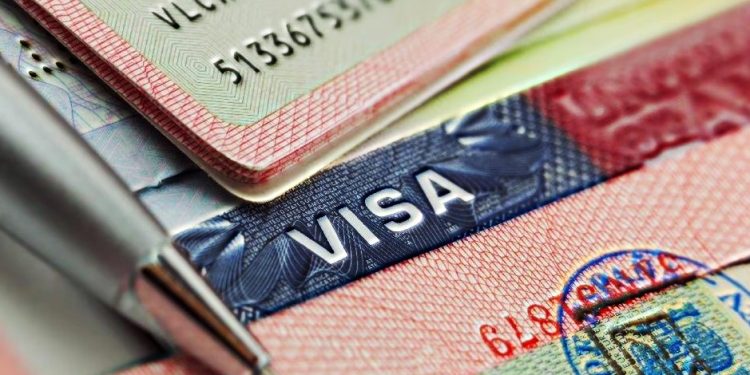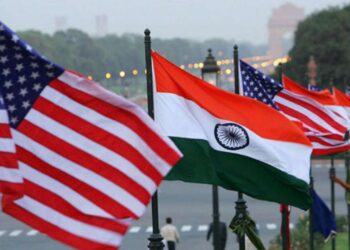In a recent development concerning visa fraud conspiracy in the United States, two individuals of Indian origin, Rambhai Patel (36) and Balwinder Singh (39), have faced indictment by a federal grand jury. This significant legal action underscores the gravity of visa-related offenses and the stringent measures taken to uphold the integrity of immigration processes.
The indictment, issued in Boston, Massachusetts, charges Patel and Singh with conspiracy to commit visa fraud. The charges stem from a series of staged armed robberies orchestrated by the accused, allegedly involving at least nine convenience/liquor stores and fast-food restaurants across several states, including Massachusetts.
According to court documents, the modus operandi involved threatening store clerks and owners with an apparent firearm during the staged robberies, followed by the perpetrators absconding with cash from the register. The interactions were purportedly captured on store surveillance video, forming critical evidence in the investigation.
Patel, apprehended in Seattle in December of the previous year, remains in custody awaiting trial. Conversely, Singh, arrested in Queens during the same period, was released under specific conditions after an initial appearance in December 2023.
The staged robberies, as alleged, were purportedly designed to facilitate the submission of U Visa applications by the involved clerks and owners, presenting themselves as victims of violent crimes. The U Visa, a recourse available to individuals who have endured mental or physical abuse as victims of specified crimes, necessitates cooperation with law enforcement agencies in criminal investigations or prosecutions.
The strategic delay in reporting the purported crimes, coupled with the staged nature of the robberies, underscores a calculated attempt to exploit the U Visa program for illicit gains. The accused allegedly orchestrated the scheme, with individuals purportedly paying substantial sums to participate as victims, and Patel compensating store owners for facilitating the staged robberies.
The charge of conspiracy to commit visa fraud carries significant legal consequences, including imprisonment for up to five years, a period of supervised release extending three years, and a monetary fine of USD 250,000. Such penalties underscore the severity with which the legal system addresses offenses related to immigration fraud and underscores the importance of upholding the integrity of visa programs.
In conclusion, the indictment of Rambhai Patel and Balwinder Singh underscores the commitment to combating visa fraud and upholding the sanctity of immigration processes. As legal proceedings unfold, the case serves as a reminder of the vigilance required to safeguard the integrity of visa programs and mitigate the exploitation of vulnerable individuals for fraudulent purposes.











